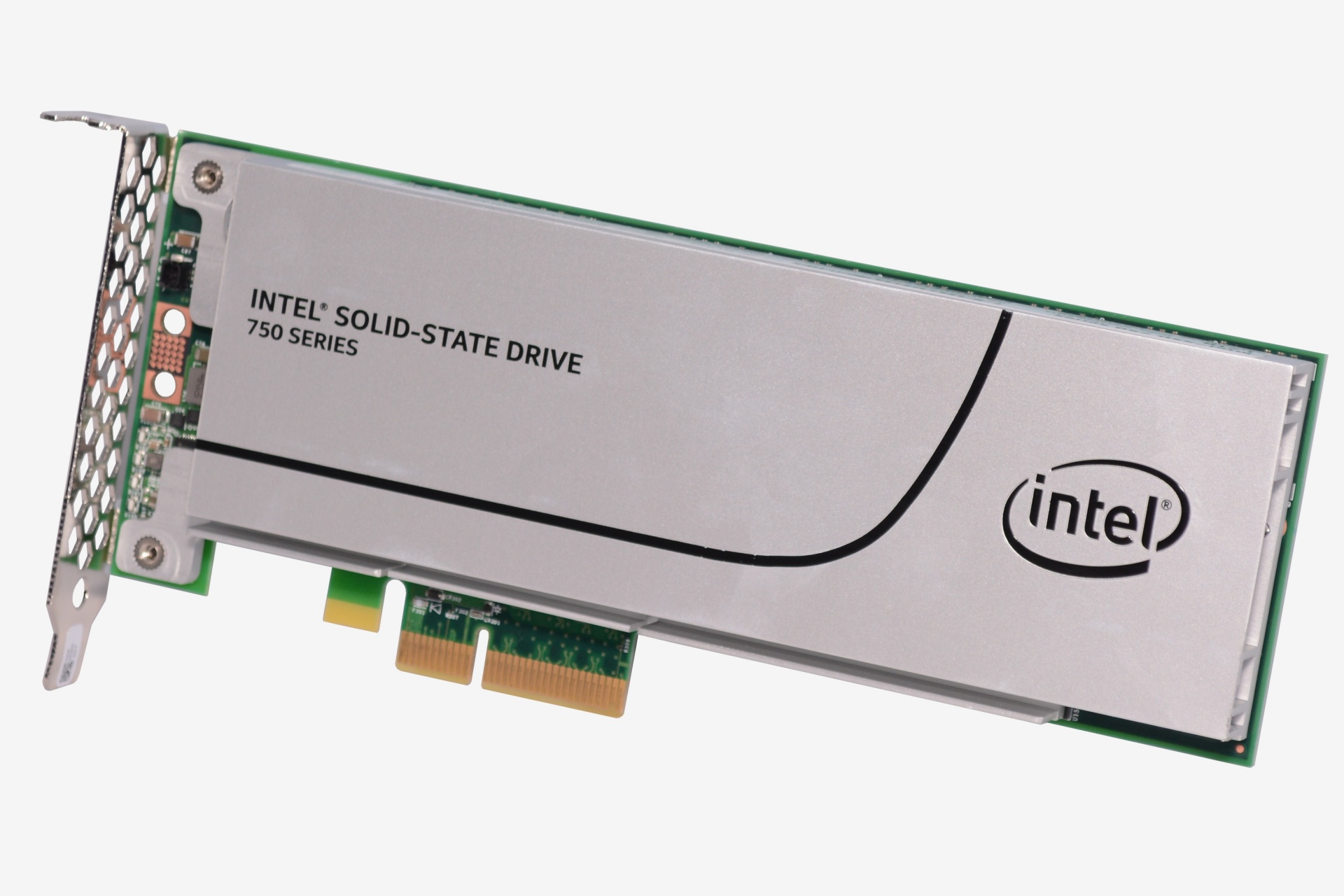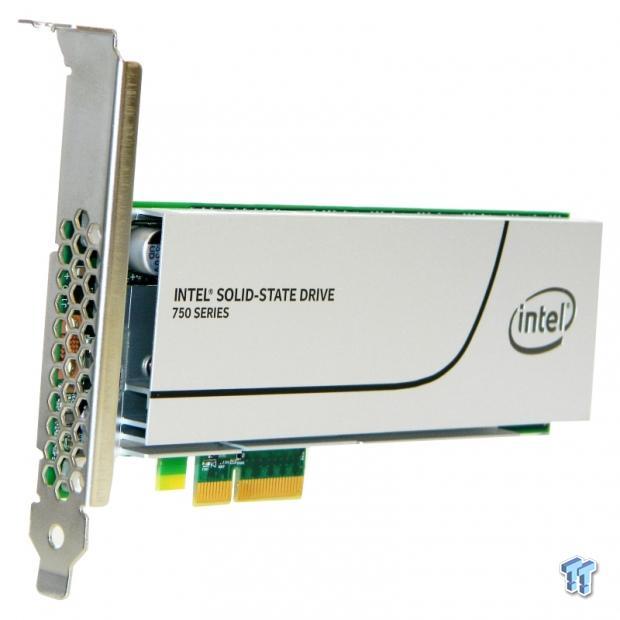
As you can see below, Read speeds were clocked at a transfer rate of 1.68GB/s with these larger files, even higher than our previous tests showed.

Next up is ATTO Disk Benchmark, one of our personal favorites for measuring hard drive speed.
INTEL 750 SSD BENCHMARK SERIES
02ms, the Intel 750 Series is another 5x faster than that, meaning data seek time and latency are very nearly instantaneous which increases the overall responsiveness and ultimately the bench scores of the system. 1ms, which itself is 100x faster than the 10-12ms score of a 7200 RPM drive. Typical SATA SSDs average an Access Time of about. The Max Read Speeds of 1.4GB/s (compared to around 500MB/s for SATA SSDs and ~80MB/s for a 7200 RPM) are notable here, but what stands out the most to us is the. Read through our Intel 750 Series SSD benchmarks below to see the real world performance we saw in our tests. How crazy fast? Well, Intel touts sequential read speeds of up to 2,500MB/s, but that’s of course under ideal conditions. This means since they are no longer being held back by the 600 MB/s throughput maximum of the SATA interface, these new SSDs are crazy fast, even in solid state drive terms. The Intel 750 Series SSD is the first consumer targeted drive that takes advantage of Non-Volatile Memory Express (NVMe), the new standard for connected hard drives through the PCI Express bus on the motherboard rather than the SATA port that’s been the hard drive standard for years. For the PCIe model Intel will release two versions, a 400 GB and a 1.2 TB version, the latter one we will test today.ġ.What makes the Intel 750 Series SSD so special? The Intel Series 750 1.2 TB PCIe SSD is powered by an Intel CH29AE41AB0 controller chip sporting Intel 20 nm 128 Gbit MLC NAND ICs, which we think are rebranded from Micron ICs. Add to that a life expectancy of 70 GB/day for five years. TRIM and Garbage Collection technologies are all supported as well. All in all we'll have quite a bit to talk about (and show you) today, but have a peek at the product being tested today first.

Meanwhile, the random 4K performance is hovering at 390,000 IOPS (inputs/outputs per second) on writes. Available in capacities of 400 GB and 1.2 TB. The product can handle a maximum sustained data read speed is of 2,400 MB/s and the top model write speed is at 1,200 MB/s. There are restriction though, but we'll explain that further onwards in our review. The low-profile PCIe 3.0 ready SSD card promises to deliver a good desktop computing experience with fast application loading times, ultra-fast data access and shorter boot-ups of today’s and future high-end desktops featuring PCIe 4x / 16x interface. Though the unit uses a driver, it's bootable as an OS storage unit as well. a very powerful storage solution will now be throwing silly numbers over the PCI-Express bus, instead of that limiting SATA connector. The NAND flash memory is tied to a multi-channel controller.
INTEL 750 SSD BENCHMARK PC
The Intel NVMe PCIe products are, simply put, PCIe SSDs that slips into an empty 4x or higher PCIe slot of your PC motherboard (Gen 3.0 preferred), thus freeing themselves from the SATA3 restrictions. We had the transition to SATA 3 (6G) and the minute SATA 3 came out these new 6G controllers already started reaching their maximum bandwidth with the latest generation SSDs which can reach 570 MB/sec already. The development rate is going so fast that current component technology cannot keep up with the pace.
INTEL 750 SSD BENCHMARK FREE
Your free PCIe lanes as such are a really fast alternative as it is an interface with much more available bandwidth.

As a logical device interface, SATA3 might not have been long among us, but the performance of NAND based storage is growing much faster compared to the adoption of SATA ports. "NVM" is an acronym for non-volatile memory, which is used in SSDs. Priced aggressively Intel seems to have the crown jewels of storage performance in their hands. NVMe - is an abbreviation for that, NVM Express, NVMe, or Non-Volatile Memory Host Controller Interface Specification (NVMHCI) boils down to the specification for accessing solid-state drives (SSDs) attached through the PCI Express (PCIe) bus. The product is the fastest storage unit we have had in our lab, and I mean ever! In certain scenarios we top 2 to 3 GB/sec speeds whereas 1 GB/sec writes can be considered normal. We review the new Intel 750 NVMe 1.2 TB PCIe SSD.


 0 kommentar(er)
0 kommentar(er)
